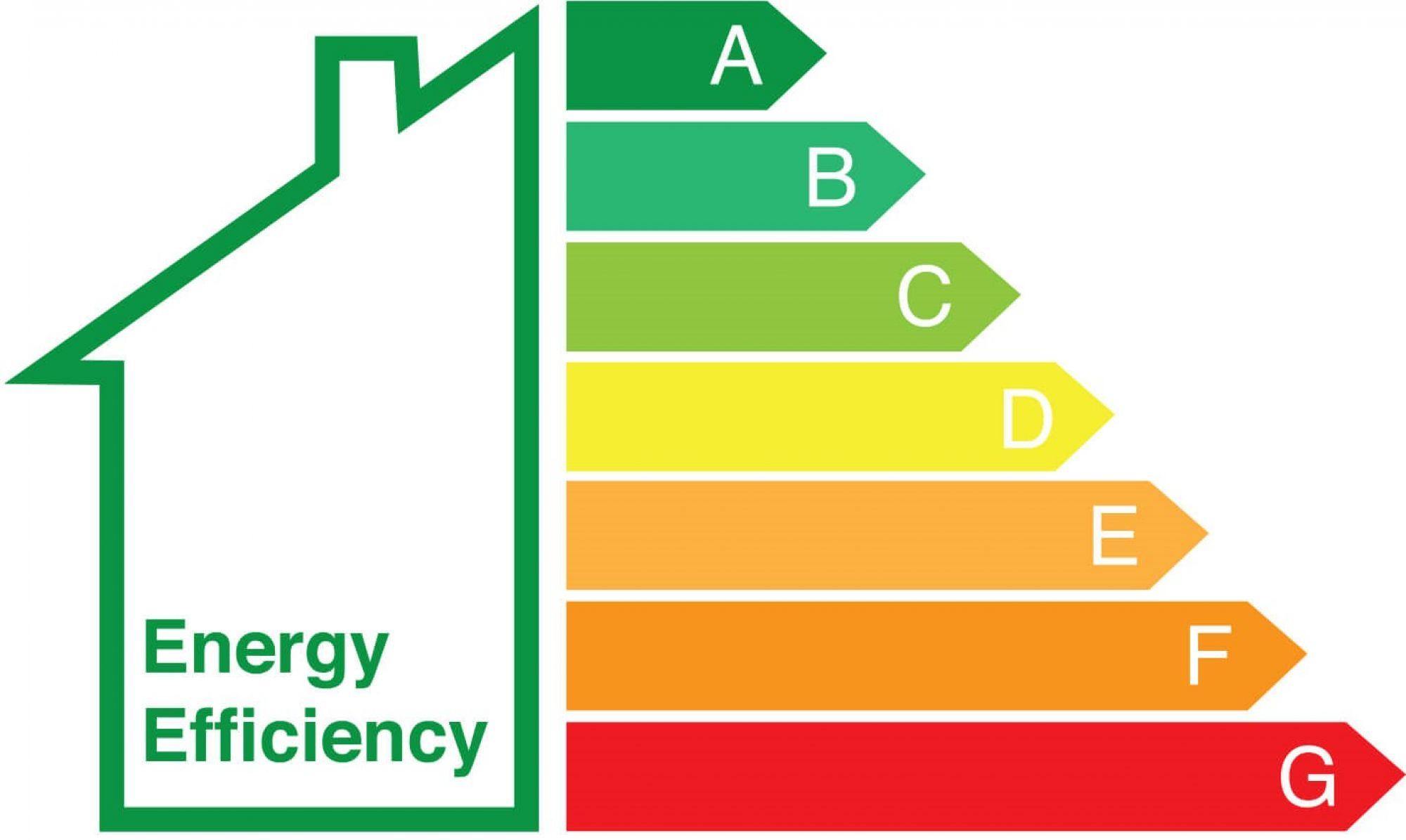
Update on energy performance certificates
An Energy Performance Certificate (EPC) has been a legal requirement in England and Wales for rental properties since 1 October 2008 and is valid for 10 years. There have been various updates under the Minimum Energy Efficiency Standards (MEES); the most recent of which came into force from 1 April 2020.
The new changes for domestic private rental properties stem from major new rules that were brought into place in April 2018 whereby it became unlawful for landlords to grant a new lease (whether residential or non-residential) for properties that had an energy performance certificate (EPC) rating below E, unless specific exemptions applied.
However, from 1 April 2020, these rules have been extended making it unlawful to rent any domestic property that has an existing or continuing tenancy that fails to meet the minimum required energy rating. Therefore, if a tenancy started before 1 April 2018 and runs until at least 1 April 2020 the landlord had until 1 April 2020 to improve the property rating to E or register an exemption if they are to continue the letting. If the tenancy started before 1 April 2018 and the landlord plans to enter a new tenancy (with a new or existing tenant) before 1 April 2020 they will be required to improve the property rating to E or register an exemption before they enter into a new tenancy or renew an existing tenancy. If the tenancy started on or after 1 April 2018 and the landlord hasn’t already taken action they must improve the property’s rating to E immediately, or register an exemption.
An exemption can also be applied for if:
-
- the addition of energy efficiency measures devalue the property by more than 5%.
- a person becomes a landlord suddenly or unexpectedly, they can be given a temporary exemption of 6 months under the regulations.
- a Landlord cannot gain third-party consent e.g. from a mortgagee/lender, superior landlord or tenant then they may be permitted to let a "sub-standard" property – this exemption lasts for 5 years or where there is a lack of tenant consent, until the tenancy ends or is assigned to a new tenant.
Landlords can register an exemption on a designated Government website – the PRS Exemptions Register.
There is a cost cap for landlords to bring the property up to new standards of £3,500 (including VAT). If they can improve their property to E rating for less than the cap they have met their obligation. Energy efficiency improvements made since 1 October 2017 count towards the total amount spent. There are several options open to Landlords to improve the property to EPC E rating:
Self Funding – To install energy efficient improvements up to the £3,500 limit and then register for an exemption.
Third Party Funding – This may be from Local Authority Grants, Green Deal finance or Energy Company Obligation – if this covers the full cost of improving the property to EPC E landlords do not need to invest their own funding. The cost cap does not apply and all of the funding should be used to raise the property to band E or higher if possible.
Combination of Self Funding and Third Party Funding – This covers the situation whereby landlords have secured third party funding but this falls below the £3,500 cap which is not enough to improve the property to EPC E grade. The landlord may need to top up with own funds.
Such energy efficient measures could include:
Draft proofing, internal or external wall insulation, roof insulation, double glazing, increase of hot water cylinder insulation, low energy lighting to name but a few.
If a Local Authority believes that a Landlord is not complying with the required legislation they can serve the Landlord with a compliance notice up to 18 months after the breach and/or publish details of the breach for at least 12 months. If a breach is confirmed the Landlord may receive a financial penalty. Local Authorities can decide on the level of penalty up to a maximum fine of £5,000 in total. This can be appealed by a Landlord at a Tribunal.
There is speculation that the government is considering raising the energy efficiency standards targets to energy efficiency ‘D’ within the next 2 years and therefore it really is worthwhile Landlords getting their properties in order now to prevent further adjustments at a later date.
From 1st April 2023, MEES will be extended to cover all leases (including commercial leases) although some properties aren’t within the scope of the regulations such as listed buildings.
The regulations in relation non-domestic property do not apply to lettings of 6 months or less, or to lettings of 99 years or more.
More information in relation to domestic rented property can be found at https://www.gov.uk/guidance/domestic-private-rented-property-minimum-energy-efficiency-standard-landlord-guidance
